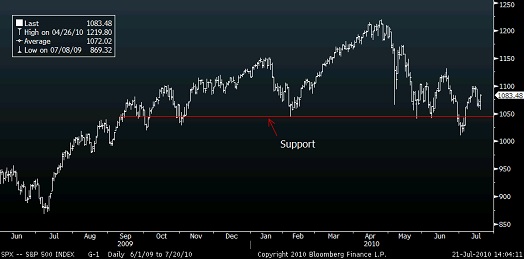
Table of Contents
Financial Analysis
What is Financial Analysis?
Financial analysis is used to assess a company’s performance in order to determine the potential of the company. An analyst converts data into a financial metric that helps in decision making. It is the most critical aspect of financial commercial activity as it renders the actionable insights of the organization. It provides investors and lenders with the data of the organization and it may also affect the stock price.

Financial analysis is important for the success of the company because it helps in analysing the weakness and strength of the company, which directly affect the competitiveness.
Types of Financial Analysis
There are various types of financial analysis are as follows:
1. Horizontal Analysis
It involves a side-by-side comparison of the financial results of an organization for consecutive reporting periods. It is used to find out any spikes or decline in the data that could be used as the more detailed analysis of financial results.
Talk to our investment specialist
2. Vertical Analysis
The vertical analysis is known as a component percentage. This type of analysis compares the profits & assets, liabilities and equities. This method is used when comparing a large number of similar companies.
3. Short-term Analysis
Under this method, you can get the whole information about the working Capital that involves the calculation of turnover rates for account Receivables, inventory and account payable. Since working capital is the key user of cash.
4. Industry Comparison
This displays the comparison between the results of a specific business and the moderate result of the entire Industry. It is used to see if there are any uncommon results in comparison to the moderate method of doing business.
5. Valuation Analysis
This includes the use of several methods to obtain a Range of possible valuations for a business are as follows:
- Discontinued cash flow valuation
- Compilation of the valuations of the subsidiaries of the business
- Compilation of the individual asset value
6. Multi-Company Comparison
It involves the calculation and comparison of two-organizations within the same industry. The method is used to figure out the financial strengths and weaknesses of two firms.
All efforts have been made to ensure the information provided here is accurate. However, no guarantees are made regarding correctness of data. Please verify with scheme information document before making any investment.












